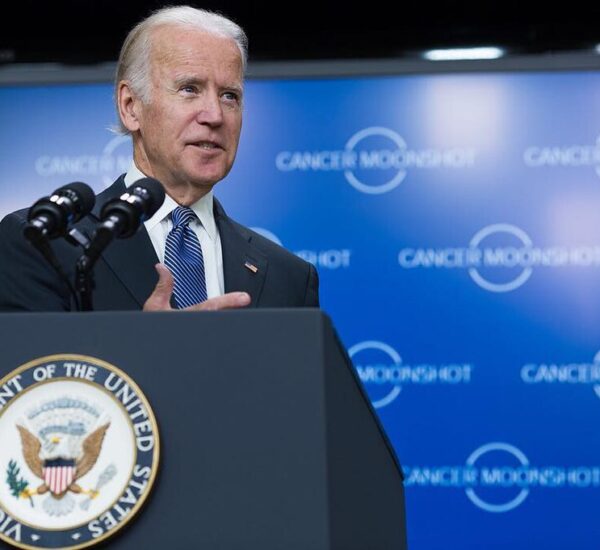Trump has made his stance very clear.
On Tuesday, the White House reaffirmed that President Trump will not cut Social Security or Medicare, despite comments from tech billionaire Elon Musk about the need to re-evaluate entitlement spending. Musk, a prominent adviser to President Trump and a key figure leading the push to overhaul the federal government’s efficiency, made waves on Monday during an interview on Fox Business Network. Musk discussed the significant portion of federal spending allocated to entitlements, calling it a source of inefficiency and fraud that could be targeted for savings.
Musk’s remarks quickly sparked media attention, with reports suggesting he was advocating for cuts to entitlement programs as a way to reduce government spending. He pointed out that entitlement programs, such as Social Security, Medicare, and Medicaid, account for a substantial chunk of the federal budget, and he estimated that tackling waste and fraud in these programs could result in more than $500 billion in annual savings.
However, the White House quickly pushed back against these reports. In a statement, they clarified that Musk’s comments were focused on eliminating fraud within entitlement programs, not cutting benefits. The Trump Administration has been clear in its position, with President Trump repeatedly emphasizing that he has no intention of reducing benefits for Social Security, Medicare, or Medicaid. The White House highlighted a 2024 report from the Social Security Administration’s Office of the Inspector General, which found nearly $72 billion in improper payments, underscoring the need for accountability and reform in these programs.
While President Trump has consistently opposed cuts to these essential programs, he has called for efforts to root out fraud and waste, which could provide significant savings without harming beneficiaries. Critics, however, argue that such efforts could be used as a pretext to scale back benefits. Furthermore, a report from the Congressional Budget Office recently noted that Republicans’ goal of cutting $2 trillion in federal spending over the next decade would likely require reductions to Medicaid, a move that would have considerable political consequences.







What ELON is doing is trying too cut out the DEMOCRATS THAT HAVE BEEN STEALING MEDICARE FROM US ALL . FORGET 2024 BIDEN AND ALL OF THEM GOT A HELL OF A LOT RICHER TAKING THE MONEY FROM AMERICAN CITIZENS PLUS STILL R DOING THIS .SO CITIZENS U SEE THEY DON’T FAUKING CARE ABOUT U OR ME.that is why the judges, Congress R paid to do everything in their power to thwarting TRUMP AND MUSK INSTEAD OF HELPING US AND GETTING RID
Of the DEBT INSTEAD OF helping
Themselves unbelievable WOW for themselves